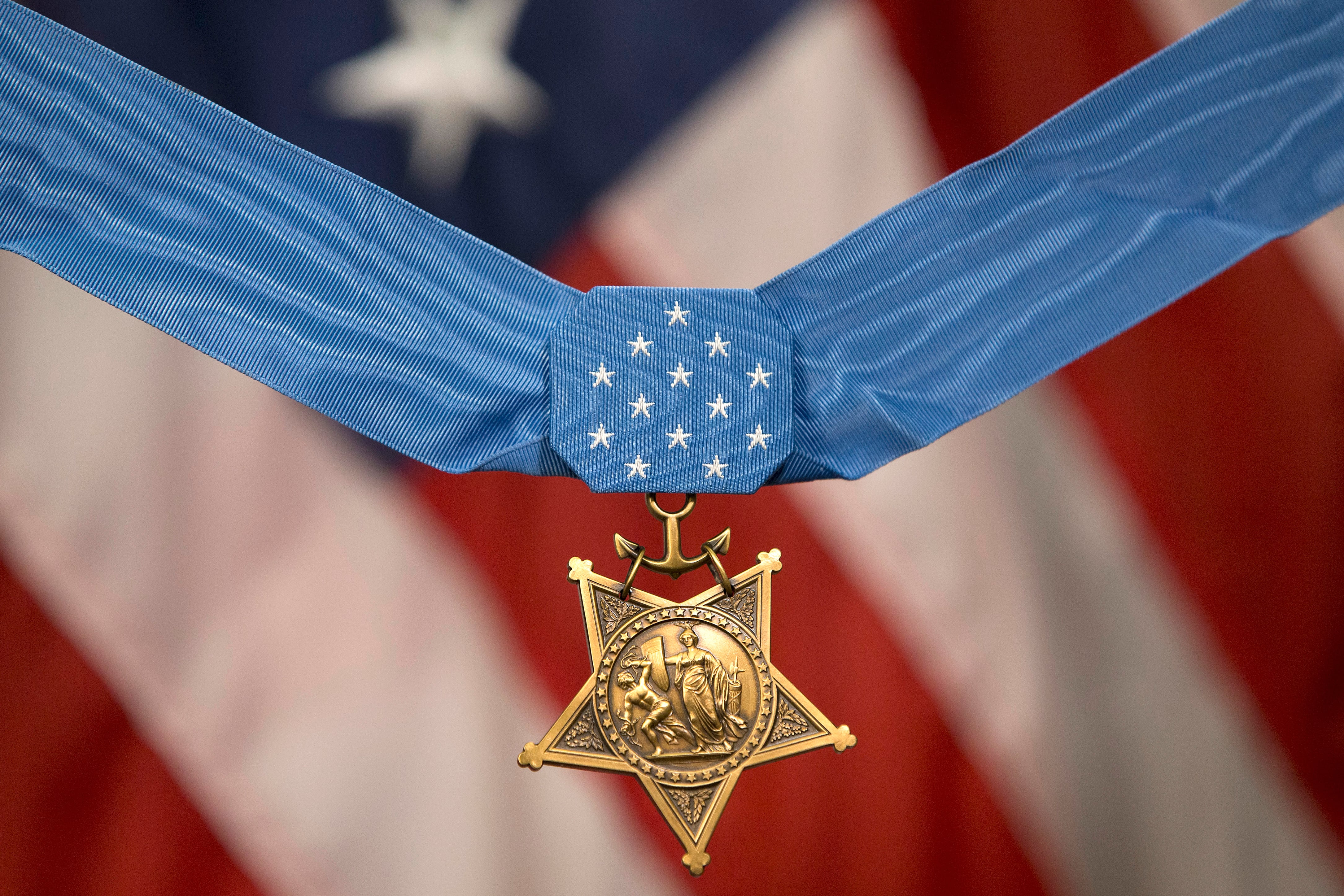On June 12, Rep. Darrel Issa, R-Calif., introduced the Valor Has No Expiration Act, which would waive time limitations for military decorations since January 1940 if underlying records were “classified, withheld from the public record due to sensitivity, or redacted for national security purposes.” He claimed this expanded on a 1996 law which waived the statute of limitations for personnel carrying out intelligence duties from 1940-1990. According to Issa, his bill “removes this arbitrary end date and expands the criteria.” The inspiration was retired Navy Capt. Royce Williams, whose Korean War dogfight was allegedly classified for decades, making him “ineligible for the Medal of Honor.”
When the Medal of Honor was authorized in the Civil War, there were no time restrictions or evidentiary requirements. This proved disastrous for the Army, the service that eventually proposed time limitations on the medal. Most Civil War Medals of Honor from the Army were recommended decades late, which the Army referred to as an “embarrassing abuse” as hundreds of veterans petitioned for the medal “without any sound documentation.”
The Army referred the matter to the attorney general, who in 1892 ruled that medals should be based on “official reports,” not “unofficial evidence [after decades of] unexplained delay.” In 1897, Secretary of War Russell Alger published regulations limiting medal recommendations to within one year of qualifying actions. In 1901, Secretary of War Elihu Root proposed a three-year award limit, since Civil War medal recommendations were taking “most of the time and attention of the Department.” Congress finally passed Root’s statute of limitations in 1918 for the Army, and 1919 for the Navy, fixing the Army’s awarding of the Medal of Honor and service crosses at three years, and the Navy’s at five years. These were standardized a century later.
Congress originally waived time limitations for most military awards via time-consuming private bills. In 1996, Congress required military departments to first review stale medal submissions. If endorsed by the military, Congress considered waivers for the defense bill. This was no rubber stamp; waivers applied to “appropriate” cases deemed not to be “an undue administrative burden.”
Issa claims that his bill removes an “arbitrary end date” for the 1996 waiver for “intelligence activities,” and extends it to cases impacted by classification. This misunderstands the earlier law, which required submission of stale cases within 30 days of passage. Unlike the intelligence waiver, the Valor Has No Expiration Act has no future time limitation, meaning that it is a standing waiver. Further, Issa misquoted the 1996 law, and also confused the name of the Medal of Honor, which he referred to as the “Congressional Medal of Honor.”
Issa claims his bill is necessary to prevent denials like that of Capt. Williams, who he alleges was denied the Medal of Honor due to record classification. However, Williams’ case is inapposite, since it appears his defect was not classified records, but rather that official records contained no mention of his dogfight. After all, the Navy reviewed Williams’ case in 2022 and determined that his valor fell below the Medal of Honor, presumably after reviewing previously classified records.
Issa and others have repeatedly introduced bills to authorize Williams the Medal of Honor since 2022. This suggests that the purpose of the Valor Has No Expiration Act is not to benefit other veterans, but rather to grant Williams another reconsideration. Repeated waiver submissions ignore that the Navy reviewed Williams for this action twice, resulting in a Navy Cross that Issa called “an appropriate recognition” of Williams’ heroism. Public law permits stale case reconsideration only once, not an unlimited number of times. The intent of this process is to pass a waiver if both the department and Congress agree on the merits, not for Congress to pass waivers to pressure the military.
No evidence suggests a need for this waiver. The bill is also vague, applying to all cases where records “were classified, withheld from the public record due to sensitivity, or redacted for national security purposes.” Since the waiver applies to all claimants since 1940, and since most modern military operations require some manner of redaction or classification, this would make tens of millions of veterans eligible for award reconsideration. This would overwhelm the military and simultaneously permit them to award stale medals with a mere report to Congress, significantly reducing oversight. The present administration has apparently awarded only one medal falling under this statute of limitations, a stale Distinguished Service Cross awarded to retired Sgt. Maj. Eric Geressy. The Army requested no waiver from Congress as required, which apparently makes the award unlawful. This seemingly justifies strengthening oversight of stale military awards, not relaxing it.
If deserving veterans were truly denied valor awards as a result of classified records, then there should be a higher burden of proof to obtain a remedy. Further, any waiver of the time limitations should be discrete and tailored to cure the defect, as with earlier remedies from Congress.
Dwight S. Mears is a retired Army major with a military background in aviation, military intelligence and strategic planning. He was commissioned from West Point as an aviation officer and flew and commanded in helicopter and airplane units, and subsequently was selected to return to West Point as a history professor. He earned an M.A. and Ph.D. from the University of North Carolina at Chapel Hill and a J.D. from Lewis & Clark Law School. He is the author of “The Medal of Honor: The Evolution of America’s Highest Military Decoration.”
Editor’s note: This story has been updated.





